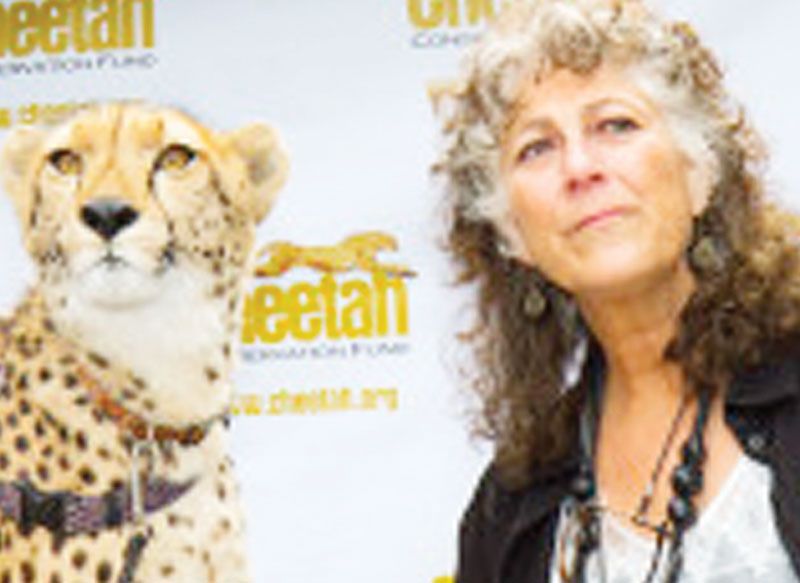
Poisons and pesticides detrimental to ecosystem

Sam Shilongo Director of Ministry of Environment and Tourism, Kenneth Uiseb, Deputy Director of Scientific Services at the Ministry of Environment and Tourism, Holger Kolberg, Senior Conservation Scientist and MET Ornithologist and Elizabeth Komen, Director of NARREC and Member of Veterinary Council of Namibia holding up their copies of the Booklet.
With the hope of educating and informing the public on the dangers of the different poisons and pesticides that people come into contact with on a daily basis, the Ministry of Environment and Tourism (MET) launched a Poisons and Pesticides booklet.
The booklet is set to promote safe and responsible use of poisons and pesticides which are dangerous to the ecosystem and wildlife as well.
Senior Conservation Scientist and MET Ornithologist, Holger Kolberg said, “when animals are poached the carcasses are poisoned, so that as the vultures feed on them, they die so as not to give away the location of the carcass.” The poisoning of the carcasses as Kolberg put it is detrimental to said vulture species and is extremely dangerous to the ecosystem as up to about 400 hundred vultures can be found dead on sight.
Elizabeth Komen, Director of NARREC and Member of Veterinary Council of Namibia said,“It is about time we take responsibility for this whole issue concerning chemical crisis, we need to set up pest control officers and get them registered.”
In the absence of Hon. Pohamba Shifeta, Deputy Minister: Ministry of Environment and Tourism, Sam Shilongo Director of Ministry of Environment and Tourism delivered the key note address said, “Our ministry is mandated to provide for the conservation of biodiversity for the benefits of the current and future generations.
Our conservation responsibility is not only limited to the protection of big and hairy species such as elephants and rhinos but we are also responsible for the conservation of vultures and other birds species.” Citing the importance of vultures, he added that many people in the communities do not fully understand and appreciate the value of vultures and the ecological functions they fulfil in the ecosystem. “All vulture species occurring in Namibia are listed as threatened or endangered under the International Union Nature Conservation’s (IUCN) Redlist categories.” Shilongo explained that the population decline of vultures as a result of mainly poisoning is not a new phenomenon. “Widespread use of poison to control predators in the farming areas of Namibia historically contributed to the decline in vulture populations throughout the country. It is against this background that we are gathered here today to join the global community in commemorating the international Vulture Day.” “It is my hope and belief that the booklets will be distributed widely throughout the country and will also be used by relevant stakeholders including the regulators and retailers of these chemicals,” Shilongo said.












































